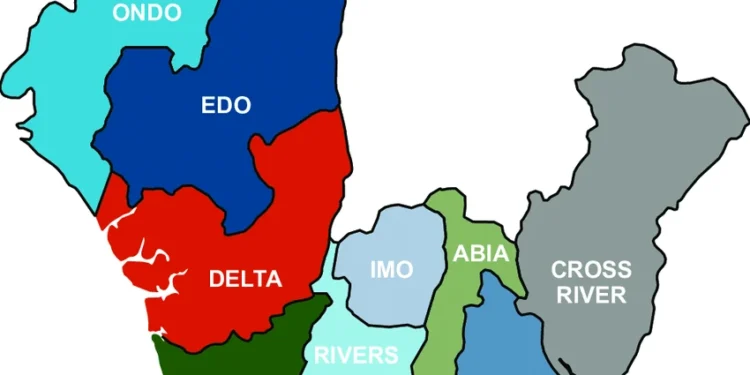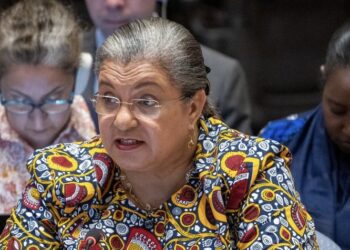The Foundation for Partnership Initiatives in the Niger Delta (PIND) has announced that its efforts in 2023 led to the creation of over 14,600 new jobs, directly benefiting more than 65,000 farmers and small businesses across the region.
According to its newly released Annual Report, these strategic investments have had a transformative impact, significantly advancing peace building and economic empowerment in the Niger Delta.
The report also noted that PIND trained over 1,200 peace actors and mitigated 108 conflicts, contributing to a more stable and secure environment in the region.
PIND’s Executive Director, Tunji Idowu, said, “2023 saw us exceeding expectations and achieving several milestones as we consolidated our previous work and successes while exploring new opportunities. Together with our partners, we continued to find creative, people-centered ways to carry out our mission to facilitate peace and equitable economic growth in the Niger Delta.”
The report also details personal stories that illustrate the impact of PIND’s initiatives. For instance, a smallholder cassava farmers group in Delta State benefited from training in modern farming techniques and access to improved seed varieties, leading to doubled yields within a year.
“My life has changed completely, I never thought I could earn this much from farming. PIND’s support has given me hope and dignity.” one beneficiary noted.
The Market Systems Development project, another key initiative, secured NGN 13.79 billion in public and private sector investments, significantly supporting smallholder farmers and businesses. This effort alone created over 14,600 jobs in the agro-allied and renewable energy sectors.
Additionally, the report highlighted the story of Obunezi Loveday Tochi, an unemployed graduate in Rivers State, who found a new lease on life through PIND’s vocational training in solar photovoltaic installation. “Venturing into solar installation, I secured my first contract in May, installing 15 solar systems by December 2023 with a colleague and apprentice,” Tochi noted.
PIND’s work also extended to healthcare improvements. In partnership with the private sector, PIND provided renewable energy solutions to 12 off-grid healthcare facilities, ensuring continuous power supply for life-saving medical equipment. The report emphasized that this investment had an immediate and life-changing impact, particularly for medical personnel in Bayelsa State, where reliable power is critical during surgeries.
As PIND nears the end of its third strategic phase, it is preparing for a new era of impact. The organization is actively exploring new avenues for growth, such as the PIND Impact Investing SPV, which focuses on providing concessional local currency debt to companies in clean energy, agriculture, and youth empowerment sectors. PIND aims to raise a $75 million blended finance facility and a $5 million technical assistance sidecar facility to support these efforts.
“The financial sustainability of a grant-funded program depends on creating and maintaining diversified revenue sources. It is essential to understand that grants are not to be the sole source of funding for nonprofits, as grants are a catalyst for development, not to sustain it,” said Aline Varre, Director of Strategy and Business Development at PIND said.
The 2023 Annual Report however reflects PIND’s ongoing commitment to fostering sustainable growth and lasting peace in the Niger Delta region.


































